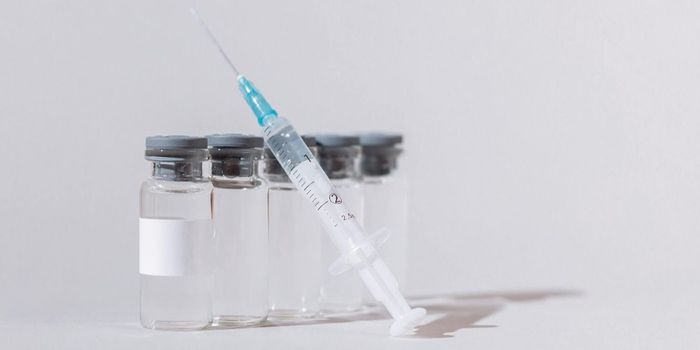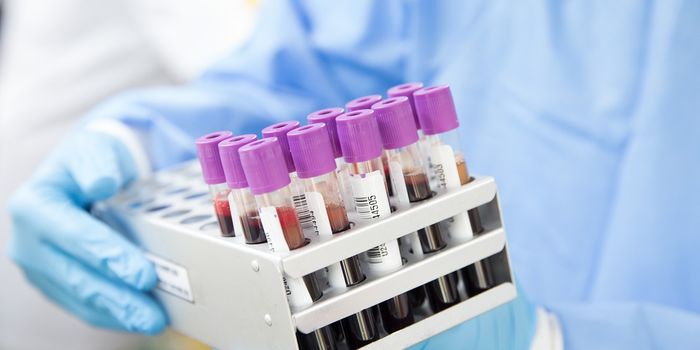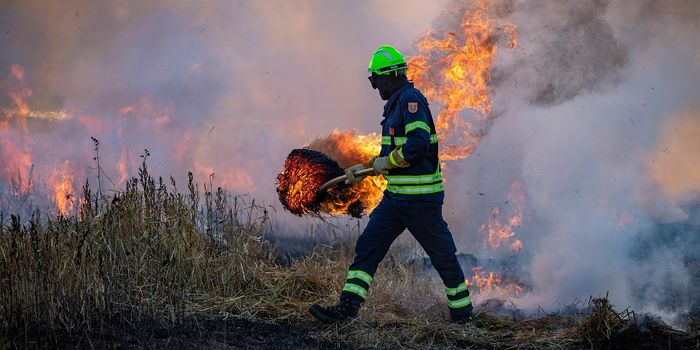Some Pediatric Cancer Survivors Experience Premature Aging
Aging occurs when molecular damage accumulates in cells and tissues throughout the body resulting in dysfunction and dysregulation of cellular processes. Scientists have established clear links between age and many health disorders, including cancer, cognitive impairment, and death. Variation among individuals remains common, which is why one person may appear much more healthy, fit, and spry at 80 than another with a similar lifestyle.
A group of researchers hypothesized that pediatric cancer survivors, whose treatment at a young age may exasperate molecular damage, could experience accelerated aging. These researchers investigated how rapidly a group of pediatric cancer survivors faced age-related impairments and symptoms. Findings from the study appear in a recent issue of the Journal of the National Cancer Institute.
The researchers recruited 4,000 pediatric cancer survivors with a median age of about 29. On average, participants enrolled in the study were 20 years post-pediatric cancer diagnosis. The study also included over 600 control subjects with a median age of 32. Acute lymphoblastic leukemia, central nervous system (CNS) tumors, and Hodgkin lymphoma appeared most among the survivors.
All participants answered questionnaires and received clinical examinations. Regardless of the time of enrollment, the researchers followed the participants through April 30, 2020, which provided an average follow-up time of 7 years. Each participant received a deficit accumulation index (DAI) calculated from 55 factors related to aging.
These factors included daily function, psychosocial symptoms, and health conditions. During analysis, each factor received a rating of 0 (absent) or 1 (present/severe). The researchers used this score to generate a ratio of the total factors considered in which a higher ratio indicated more deficits. Further comparison of DAIs between pediatric cancer survivors and controls accounted for variables like age, sex, race, and ethnicity.
Analysis revealed the average DAI of pediatric cancer survivors at age 30 as 0.16, and this value paralleled controls at age 63, indicating that pediatric cancer survivors experienced 33 years of premature aging. To better understand what could cause such premature aging, the researchers stratified their analysis based on the treatment regimens of pediatric cancer survivors. Several treatments, including brain or abdominal radiation, platinum or alkylating chemotherapies, and neurosurgery associated with an increased risk of cognitive impairment. Additionally, the risk of mortality increased with DAI.
The study concludes that pediatric cancer survivors experience significantly premature aging compared to counterparts with no history of cancer. The findings are highly impactful due to the large number of patients in the cohort, the long follow-up time, and the statistically significant data. The DAI calculation developed in this study could assist pediatric oncologists in identifying survivors at high risk of experiencing aging-related health impairments. Establishing early screening procedures could provide early intervention programs and enhanced monitoring to minimize the symptoms and adverse outcomes seen in pediatric cancer survivors.
Sources: Cell, J Nat Cancer Inst









